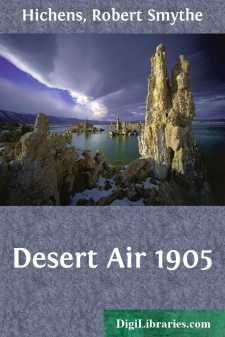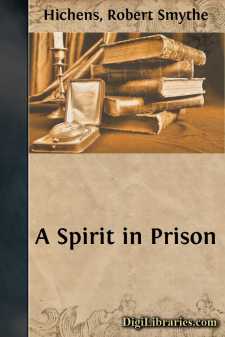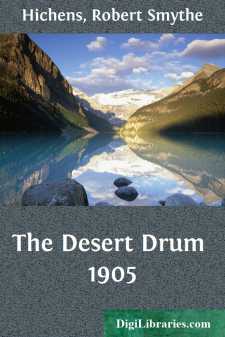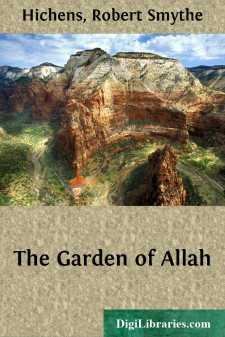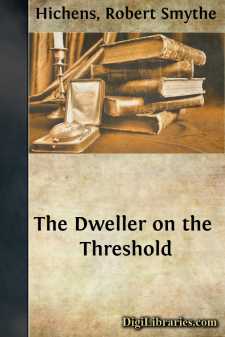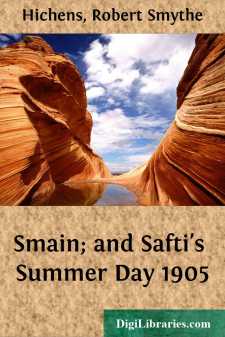Categories
- Antiques & Collectibles 13
- Architecture 36
- Art 48
- Bibles 22
- Biography & Autobiography 813
- Body, Mind & Spirit 142
- Business & Economics 28
- Children's Books 17
- Children's Fiction 14
- Computers 4
- Cooking 94
- Crafts & Hobbies 4
- Drama 346
- Education 46
- Family & Relationships 57
- Fiction 11829
- Games 19
- Gardening 17
- Health & Fitness 34
- History 1377
- House & Home 1
- Humor 147
- Juvenile Fiction 1873
- Juvenile Nonfiction 202
- Language Arts & Disciplines 88
- Law 16
- Literary Collections 686
- Literary Criticism 179
- Mathematics 13
- Medical 41
- Music 40
- Nature 179
- Non-Classifiable 1768
- Performing Arts 7
- Periodicals 1453
- Philosophy 64
- Photography 2
- Poetry 896
- Political Science 203
- Psychology 42
- Reference 154
- Religion 513
- Science 126
- Self-Help 84
- Social Science 81
- Sports & Recreation 34
- Study Aids 3
- Technology & Engineering 59
- Transportation 23
- Travel 463
- True Crime 29
Desert Air 1905
Categories:
Description:
Excerpt
On an evening of last summer I was dining in London at the Carlton with two men. One of them was an excellent type of young England, strong, healthy, athletic, and straightforward. The other was a clever London doctor who was building up a great practice in the West End. At dessert the conversation turned upon a then recent tragedy in which a great reputation had gone down, and young England spoke rather contemptuously of the victim, with the superior surprise human beings generally express about the sin which does not happen to be theirs.
"I can't understand it!" was his conclusion. "It's beyond me."
"Climate," said the doctor quietly.
"What?"
"Climate. Air."
Young England looked inexpressively astonished.
"But hang it all!" he exclaimed, "you don't mean to say change of air means change of nature?"
"Not to everyone. Not to you, perhaps. Have you travelled much?"
"Well, I've been to Paris for the Grand Prix, and to Monte——"
"For the gambling. That's hardly travelling. Now, I've studied this subject a little, quietly in Harley Street. I'm no traveller myself, but I have dozens of patients who are. And I'm convinced that the modern facilities for travel, besides giving an infinity of pleasure, bring about innumerable tragedies."
He turned to me.
"You go abroad a great deal. What do you say?"
"That you're perfectly right. And I'm prepared to affirm that, in highly-strung, imaginative, or over-worked people change of climate does sometimes actually cause, or seem to cause, change of nature."
Young England, who was by no means highly-strung or imaginative, looked politely dubious, but the doctor was evidently pleased.
"An ally!" he cried.
He glanced at me for an instant, then added:
"You've got a case that proves it, at any rate to you, in your mind."
"Quite true."
"Can you give it us?"
"Jove! let's have it!" exclaimed young England.
"Certainly, if you like," I said. "I don't know whether you ever heard of the Marnier affair?"
Young England shook his head, but the doctor replied at once.
"Three years ago, wasn't it?"
"Four."
"And it happened in some remote place in the Sahara Desert?"
"In Beni-Kouidar. I was with Henry Marnier in Beni-Kouidar at the time."
"Go ahead!" said young England more eagerly.
"Poor Marnier was not an old friend of mine, but an acquaintance whom I had met casually at Beni-Mora, which is known as a health resort."
"I send patients there sometimes," said the doctor.
"The railway stops at Beni-Mora. To reach Beni-Kouidar one must go on horse or camel back over between three and four hundred kilometres of desert, sleeping on the way at Travellers' Houses—Bordjs as they are called there. Beni-Kouidar lies in the midst of immeasurable sands, and the air that blows through its palm gardens, and round its mosque towers, and down its alleys under the arcades, is startling: dry as the finest champagne, almost fiercely pure and fresh, exhilarating—well, too exhilarating for certain people."
The doctor nodded.
"Champagne goes very quickly to some heads," he interjected.
"Beni-Kouidar has nothing to say to modern civilisation. It is a wild and turbulent city, divided into quarters—the Arab quarter, the Jews' quarter, the freed negroes' quarter, and so on—and furthermore, is infested at certain seasons by the Sahara nomads, who camp in filthy tents on the huge sand dunes round about, and sell rugs, burnouses, and Touareg work to the inhabitants, buying in return the dates for which the palms of Beni-Kouidar are celebrated.
"I wanted to see a real Sahara city to which the Cook's tourist had not as yet penetrated, and I resolved to ride there from Beni-Mora....


